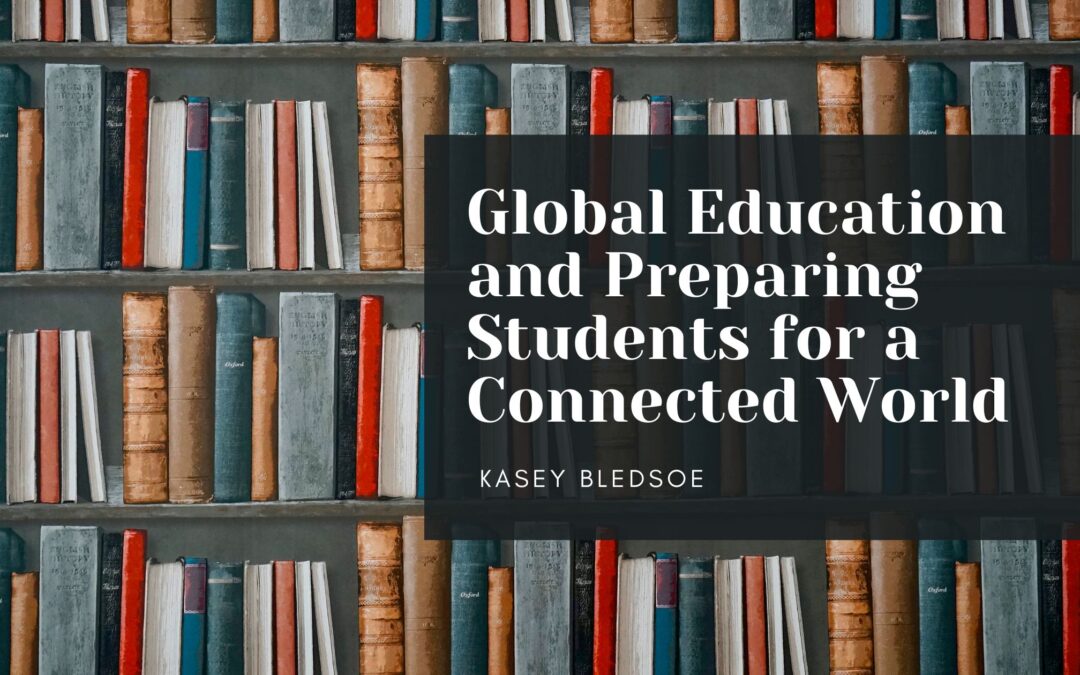Global education has taken center stage as a vital component of preparing students for the challenges and opportunities of an interconnected planet. The digital age has shrunk the world, making it crucial for students to develop a global perspective and cross-cultural competence. In this blog, we’ll explore the significance of worldwide education and how it equips students with the skills and knowledge they need to thrive in our connected world.
The Globalization of Education
Globalization has transformed the way we live, work, and communicate. Information flows seamlessly across borders, and economies are increasingly interdependent. As a result, our education systems must adapt to this new reality. Global education is not just about geography; it’s about preparing students to be informed and engaged global citizens who can tackle complex issues that transcend national boundaries.
Cultural Competence and Empathy
One of the primary goals of global education is to foster cultural competence and empathy. Students are exposed to diverse perspectives, traditions, and worldviews, helping them understand and appreciate the richness of human diversity. This exposure promotes compassion and tolerance, essential qualities for effective communication and collaboration in a connected world.
Through global education, students learn to respect different cultures and navigate cultural differences sensitively. This prepares them for international interactions and enhances their ability to work in diverse teams, a skill increasingly demanded in the global job market.
Critical Thinking and Problem-Solving
Worldwide challenges such as climate change, pandemics, and economic crises require innovative solutions that often transcend national borders. Global education equips students with the critical thinking and problem-solving skills to address these complex issues. They learn to analyze problems from multiple perspectives and propose creative solutions.
Moreover, global education encourages students to be proactive global citizens who actively address pressing global issues. Whether it’s through community service, research, or advocacy, students are encouraged to make a positive impact on the world.
Language Proficiency
Language is a bridge to understanding and connecting with people from different parts of the world. Global education often emphasizes language learning, as it opens doors to communication and cultural exchange. Proficiency in multiple languages is a valuable asset in the worldwide job market, enabling students to work effectively in international contexts.
Technology and Digital Literacy
In our interconnected world, technology plays a pivotal role. Global education includes digital literacy training to ensure students can harness the power of technology for learning and collaboration. It also emphasizes digital citizenship, teaching students to navigate the online world responsibly and ethically.
International Experiences
Global education goes beyond the classroom. It encourages students to gain international experiences, such as studying abroad, participating in cultural exchanges, or volunteering overseas. These experiences provide firsthand exposure to different cultures and ways of life, fostering a deeper understanding of global issues.
Global Citizenship Education
Global education ultimately aims to nurture global citizens – people who are aware of global issues and actively engaged in addressing them. Global citizens are committed to social justice, sustainability, and human rights principles. They take responsibility for making the world better for all its inhabitants.
Global education is a vital component of preparing students for a connected world. It equips them with cultural competence, critical thinking skills, and a global perspective essential for success in an interconnected and interdependent world. As we navigate the complexities of the 21st century, investing in international education is an investment in our shared future.

